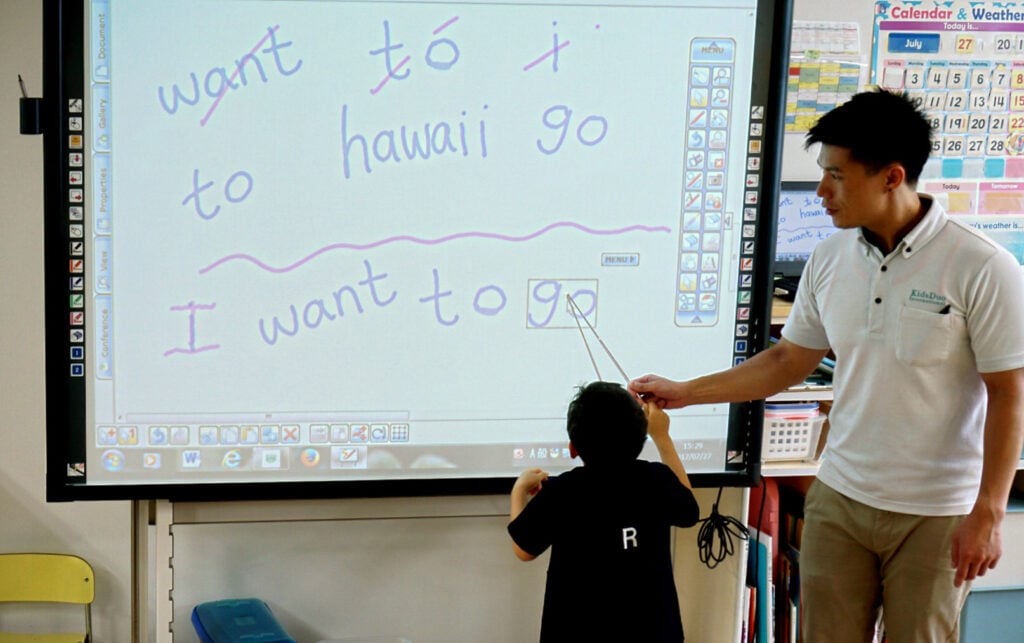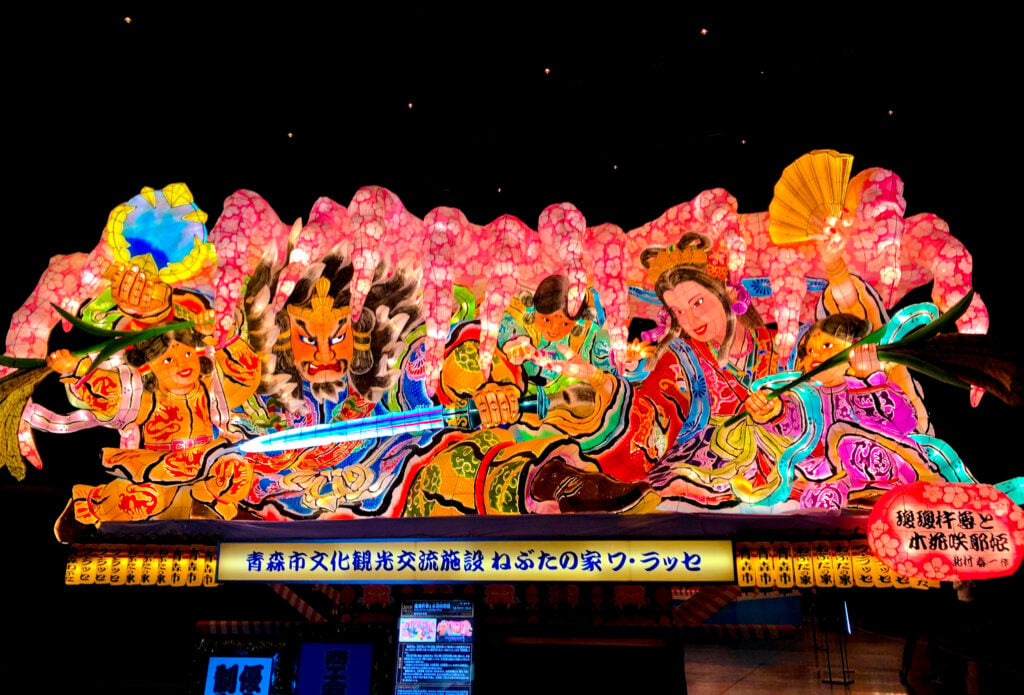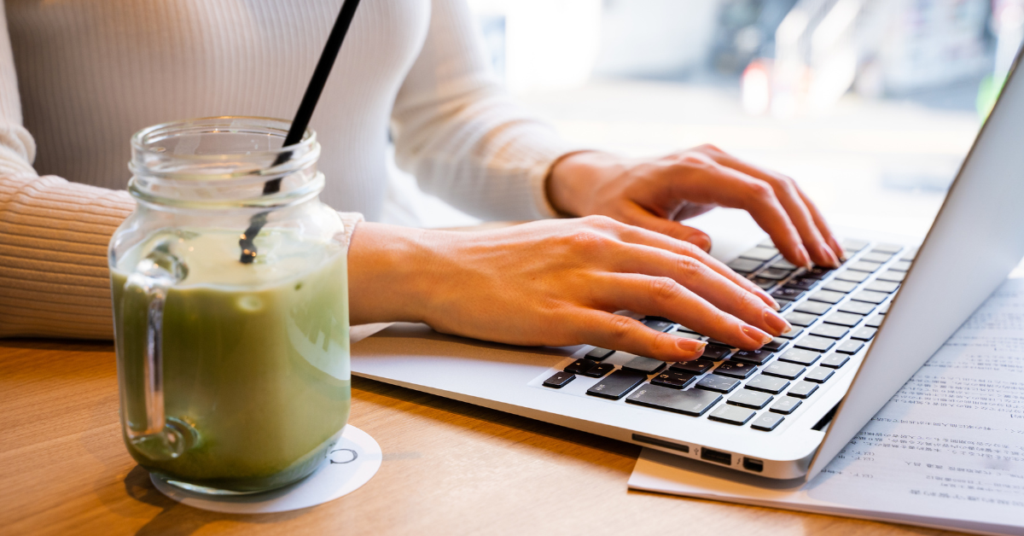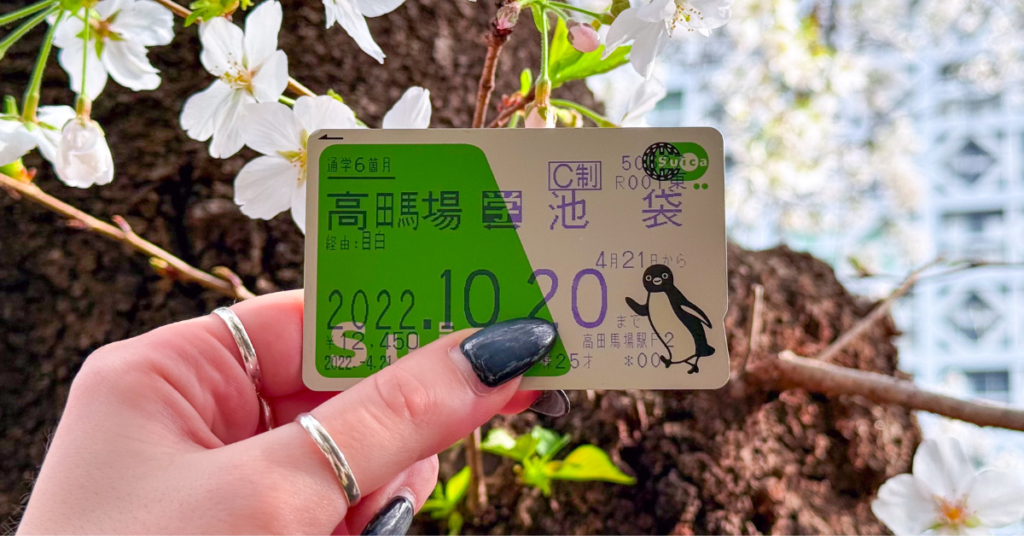Go! Go! Nihon
News & Insights
Welcome to the Go! Go! Nihon blog – your best resource for information about Japanese language, culture, society, studying in Japan, traveling in Japan, and more!

Life in Japan
Teaching English in Japan is often seen as a way to live and work in Japan without necessarily knowing a lot of Japanese. But actually knowing the language will dramatically improve your quality of life in Japan, as well as improve your chances of developing your teaching career, including helping you land jobs at universities or be promoted at your English language institute or school. So should you, even after putting in the hard work...
All the articles
Life in Japan
Teaching English in Japan is often seen as a way to live and work in Japan without necessarily knowing a lot of Japanese. But actually knowing the language will dramatically improve your quality of life...
Learn Japanese
When you visit Aomori prefecture, the northernmost prefecture on Japan’s main island (Honshū), especially in the Tsugaru area, you hear a dialect very different from the standard Japanese you would hear in Tokyo. The dialect...
Learn Japanese
If you’re thinking about studying Japanese in Japan, understanding how Japanese language school terms work is key to planning your move. There are generally four terms per year, which means four chances to start. But...
Japanese Culture
Spring may best be symbolized by sakura, or cherry blossoms, in Japan. Cherry blossoms also symbolize the beginning of the year for many, as the Japanese school year and fiscal year start in April, just...
Learn Japanese
Spring is, without a doubt, the most popular time of year in Japan. The weather is warming up, the flowers are starting to bloom, and pastel spring-themed snacks are making their way into cafes and...
How to
Train fares in Japan can be quite expensive. If you stay for a short period, you can get the Japan Rail Pass, but for anyone staying long enough to require a visa, this is not...
Go! Go! Nihon on
Social Media
Who we are
Go! Go! Nihon
Live and Study in Japan
Go! Go! Nihon proudly helps thousands of people from around the world fulfill their dreams of living in Japan by helping them choose the right language school, apply for their student visa, find accommodation, and settle into their lives in Japan.
Can’t make it to Japan yet, or want to get a head start? We also offer online courses created in partnership with Japanese language schools in Japan.














